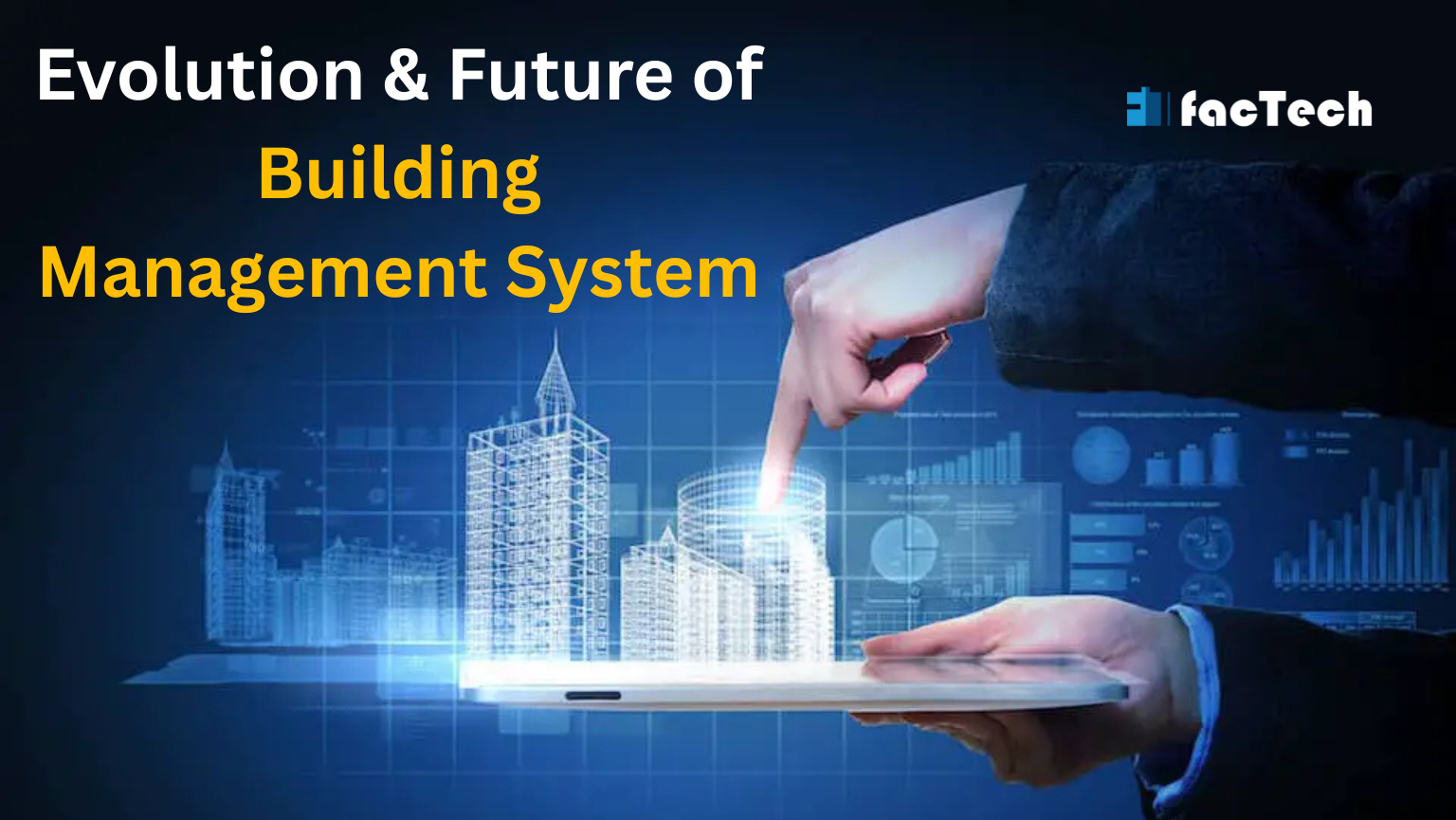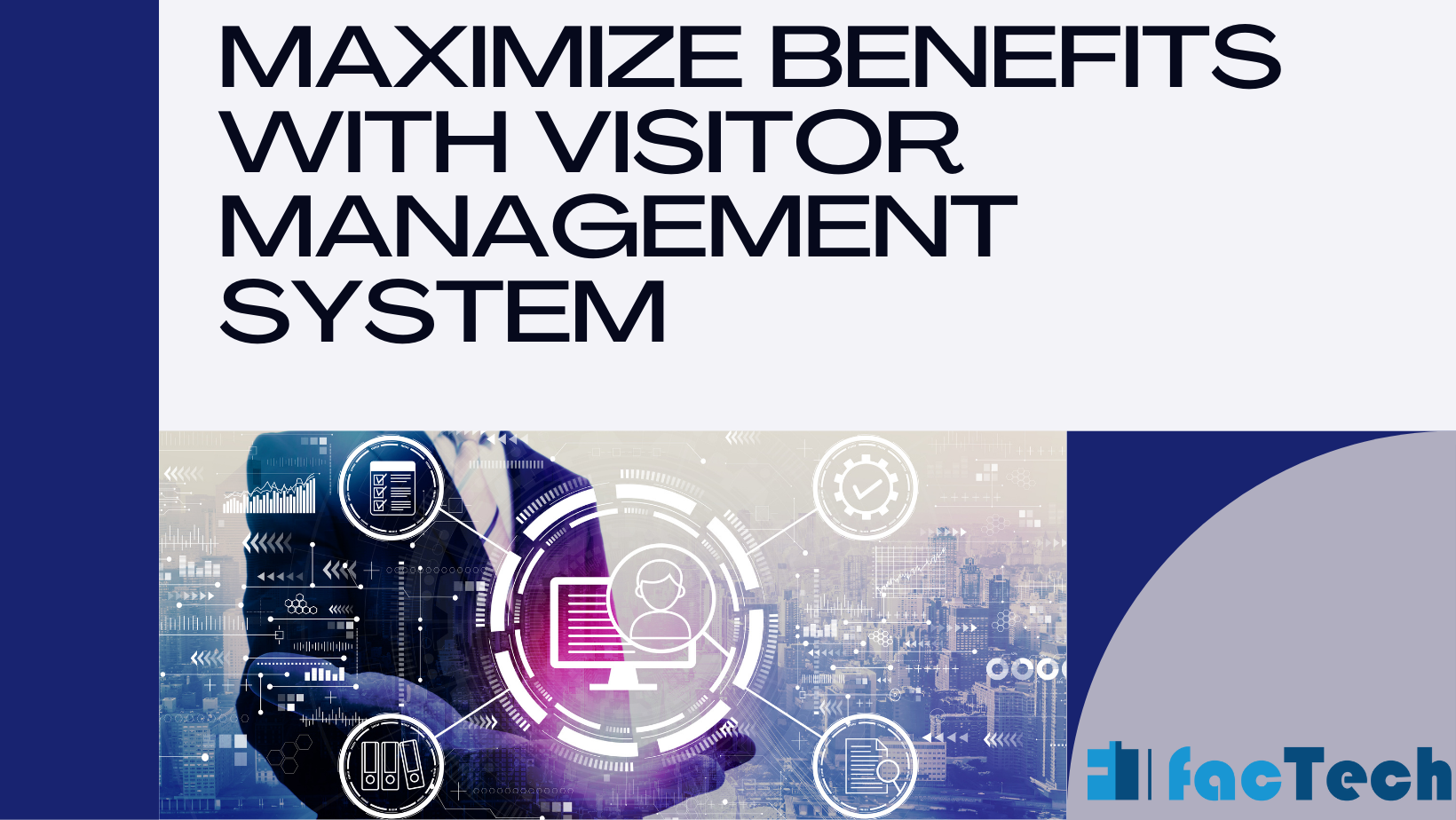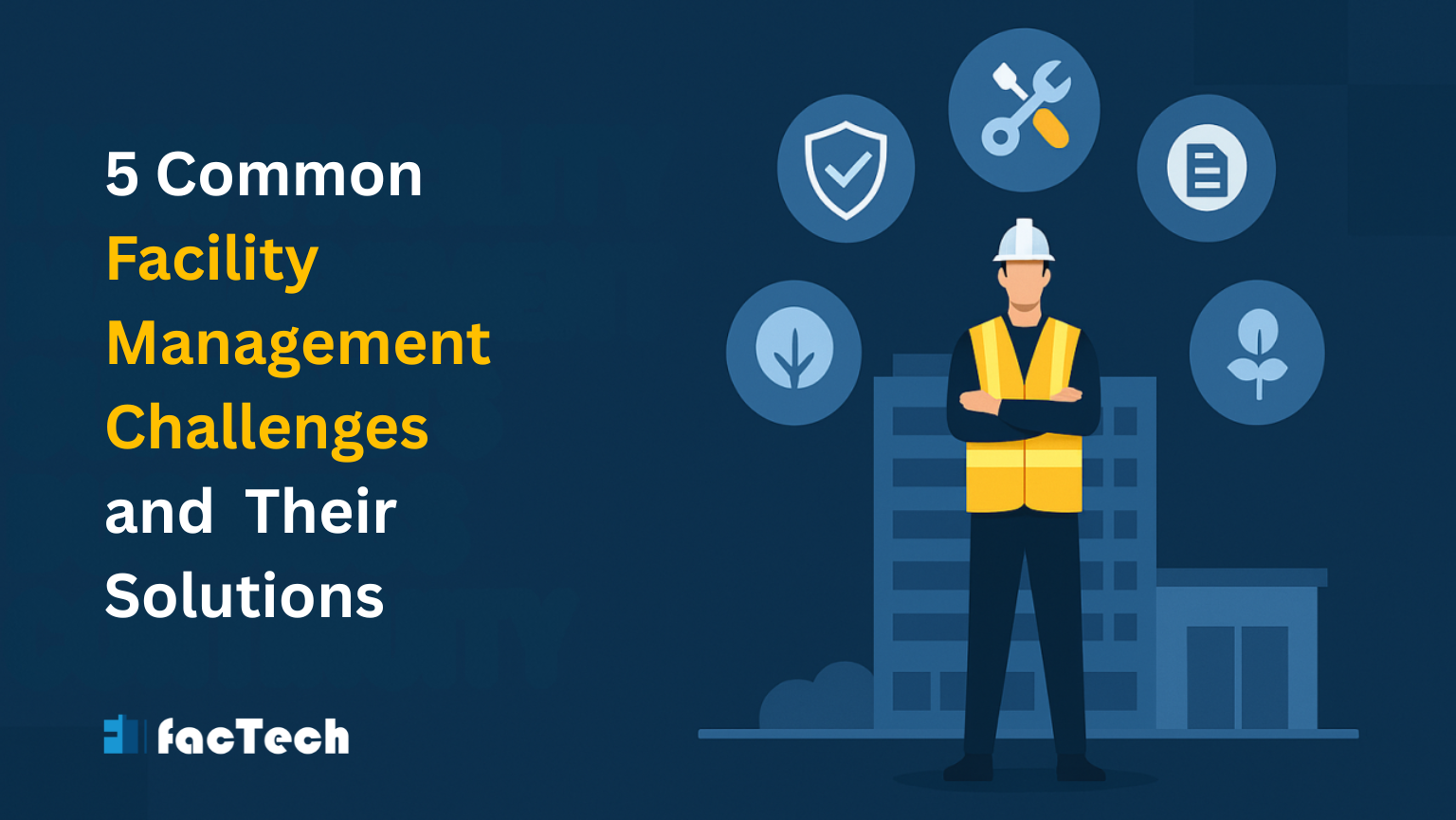Evolution & Future of Building Management System
Building management has evolved from hand labor and basic mechanical systems over the past few hundred years to highly automated, integrated systems managing everything from heating and cooling to security and energy economy. The Building Management System (BMS) is a vital element allowing the integration, automation, and optimization of several building operations easily.
In this blog, we discuss the building management system and how it change with new technological updates.
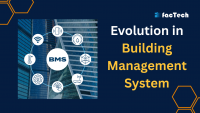
Evolution in Building Management System
Integrated building management systems (iBMS) have lately become rather popular. It centralizes all building systems, much as a BMS does, but also extends this integration to the whole building surroundings. Thus, among other things, it also incorporates access control, video monitoring, and fire protection mechanisms.
Both a BMS and an iBMS help the management of the building by centralizing all the systems, thereby acting as a single point of control for the whole construction.
Also, read AI and IoT integration For Smart Facilities
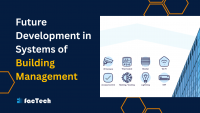
Future Development in Systems of Building Management
Machine Learning and Artificial Intelligence:
Including artificial intelligence (AI) and machine learning (ML) into BMS will transform building management. Analyzing enormous volumes of data produced by building sensors, learning from trends, and making predictive changes to maximize energy use, indoor air quality, and general building efficiency. It will enable AI-driven BMS to these systems will not only react to changes in real-time but also predict needs and apply preventive adjustments.
Improved Cybersecurity Guidelines:
Strong cybersecurity policies will become ever more vital as BMS gets more complex and linked. To guard against cyberattacks, future systems will include cutting-edge encryption, safe communication methods, and ongoing monitoring. As smart buildings become more common, protecting private information and maintaining building operations’ integrity will become the first concern.
Green Building Technologies and Sustainability:
Development of BMS technology will be guided by ingoing forward sustainability. Future systems will concentrate on reducing the carbon footprint of a building by means of better energy consumption, integration of renewable energy sources, and smart water and waste management enabling capability. BMS will be very important in enabling buildings to meet environmental criteria and get green certifications.
Occupant-Centric User Experience and Design:
Improving occupant well-being and productivity will become ever more important in BMS. Advanced BMS will be built to provide customized settings depending on personal preferences. It provide real-time data that change lighting, temperature, and air quality. This occupant-centric strategy will produce better, more pleasant, and more productive interior environments, therefore enhancing the general workplace satisfaction.
Data Analytics and Edge Computing:
Modern BMS generates enormous volumes of data; hence, effective data processing is absolutely necessary. Edge computing will become a major trend, letting data be handled locally at the source instead of depending on centralized cloud servers. This will lower latency, sharpen real-time decision-making, and raise BMS’s general responsiveness. Combined with sophisticated data analytics, this method will offer a better understanding of building performance.
Also, learn about the role of AI in Facility management.

How Does Factech’s Building Management System Bring Change?
- Built on a cloud-native architecture, Factech’s BMS provides real-time data access from anywhere in the globe, remote management, and flawless scalability. This method guarantees that our system can develop with changing technical environments and lessens the demand for on-site infrastructure.
- Our BMS now includes IoT and artificial intelligence features that let us enable individualised occupant experiences, energy optimisation, and predictive maintenance.
- Our BMS architecture revolves mostly around sustainability. Energy efficiency comes first; we also advocate the integration of renewable energy sources and offer instruments to track and lower carbon emissions. Our method enables buildings to earn green certificates, thereby supporting worldwide initiatives to slow down global temperature.
The bottom line
From simple controls to complex, interconnected platforms, the building management system has changed significantly. Driven by the integration of artificial intelligence and machine learning for predictive optimization, enhanced cybersecurity to protect ever-linked systems, a strong emphasis on green building technologies and sustainability, a focus on creating occupant-centric and personalized experiences, and the power of data analytics combined with edge computing for real-time responsiveness, BMS is poised for even more radical change. Leading this change is Factech’s cloud-native BMS, which provides worldwide access, IoT and AI-powered capabilities for comfort and efficiency, and a strong sustainability commitment. Accepting these developments in BMS technology is not only about keeping up; it’s also about designing smarter, safer, more sustainable, and more comfortable buildings. Contact us to get a free demo.
FAQs
Q.1 What is the core function of a Building Management System (BMS)?
Targeting integration, automation, and optimization, a BMS centralizes the control and management of many building processes, including HVAC and security.
Q.2 How will Artificial Intelligence (AI) and Machine Learning (ML) impact future BMS?
AI/ML will let BMS learn from trends, foresee needs, evaluate enormous volumes of sensor data, and make proactive changes to enhance energy efficiency, air quality, and general building performance.
Q.3 Why should sustainability be a top priority for BMS technology’s future evolution?
Future BMS will give top priority to lowering a building’s carbon footprint by means of improved energy management, integration of renewable energy sources, and smart resource allocation.
Q.4 In this changing terrain, how unique is Factech’s Building Management System?
Factech’s cloud-native BMS strongly stresses on sustainability and the use of renewable energy sources. It combines IoT and artificial intelligence for customized experiences and energy optimization, and provides real-time worldwide access.
